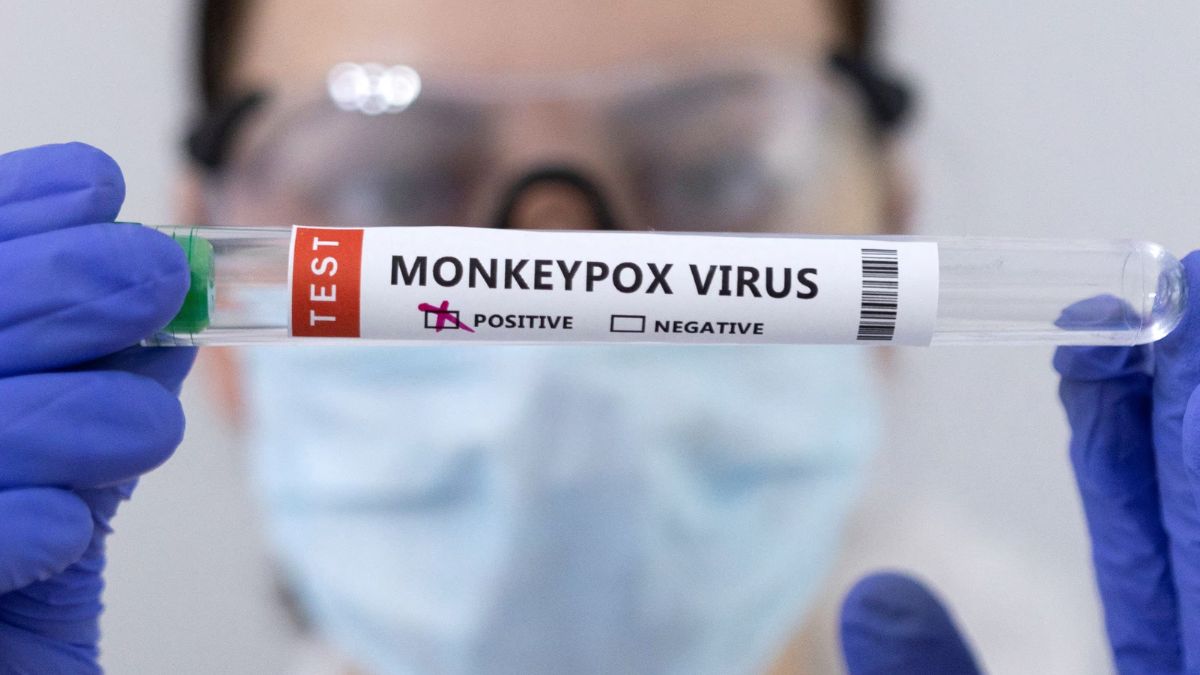The Africa Centres for Disease Control and Prevention (CDC) may soon declare a continental public health emergency due to the rapidly escalating mpox outbreak, its director general, Dr Jean Kaseya, announced on Thursday (August 8).
The agency reported 887 new confirmed and suspected cases in the past week, bringing the total for the year to 15,132—a 160 per cent increase from the same period last year, according to The Guardian.
Multiple African countries affected
Sixteen African countries have reported cases, with the Democratic Republic of Congo (DRC) accounting for over 90 per cent of them. The outbreak has led to 461 deaths so far this year.
Notably, Burundi, Kenya, Rwanda, and Uganda have reported mpox cases for the first time, signaling the virus’s widening reach across the continent.
Kaseya’s remarks followed a statement from World Health Organization (WHO) Director-General Tedros Adhanom Ghebreyesus, who said that an emergency committee would soon convene to assess whether the outbreak should be classified as a global emergency.
Declaring a continental public health emergency involves technical consultations between the Africa CDC and affected member states of the African Union, followed by an extraordinary summit of heads of state to coordinate a response.
Impact Shorts
More ShortsWhat we know about the new mpox strain
Mpox, caused by the monkeypox virus, is a viral disease that manifests through painful rashes and flu-like symptoms.
While the virus has been infecting humans for decades, scientists are concerned about a new, more virulent strain reported in the DRC, which could potentially spread more easily.
Mpox outbreaks are caused by different viruses known as clades. Currently, the spread of the virus is being driven by a new variant that has undergone genetic changes. Scientists are concerned that these changes may have made the variant more infectious and dangerous.
In May this year, scientists identified a new, more virulent strain of the virus in the DRC that they believed could spread more easily.
As of now, cases of this new strain, which belongs to clade 1, have only been reported in central and eastern Africa.
Vaccine available
Western countries have managed to control the spread of mpox with vaccines, but Africa faces significant challenges due to a severe shortage of doses. According to Kaseya, only 200,000 doses are available on the continent, far short of the estimated demand of 10 million.
Last week, the African Union allocated $10.4 million to the Africa CDC to bolster efforts to combat the outbreak.


)

)
)
)
)
)
)
)
)



